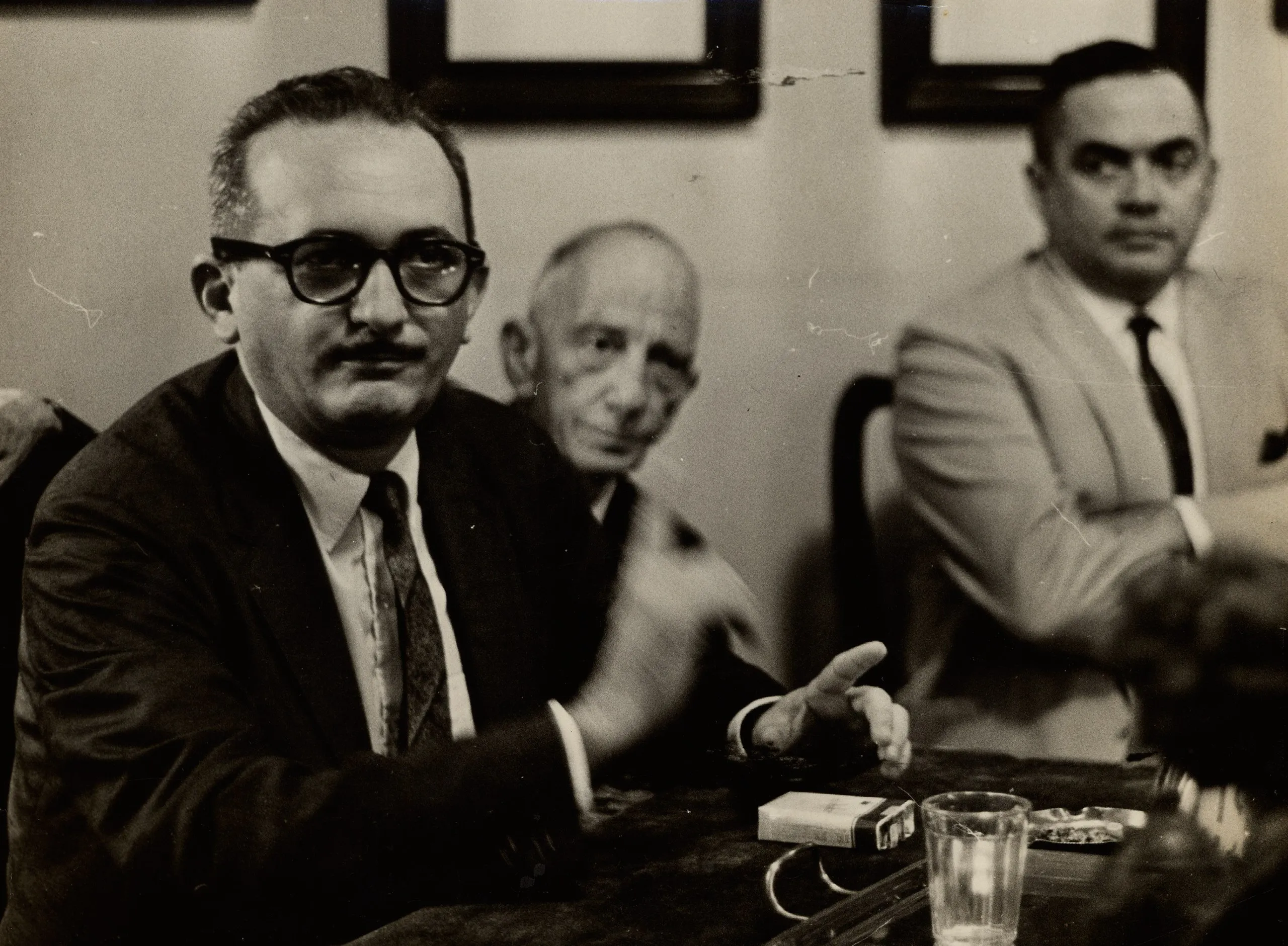Critical Pedagogy: Embracing Paulo Freire's Legacy in Education

Education is not simply receiving knowledge but a powerful tool for transforming society. Paulo Freire, the radical Brazilian educator, championed critical pedagogy, urging educators to engage students in thoughtful dialogue and critical reflection. This approach empowers learners to question societal norms and injustice, advocating that education must be a collaborative, liberating process. By prioritizing critical thinking over rote memorization, Freire envisioned a world where education is a means of enlightenment and societal change.
Freire's Influence on Modern Education
Freire's work is particularly relevant in today's climate. Many educators embrace his principles to foster inclusive spaces for dialogue and critical inquiry. The challenges of modern society call for an educational approach that develops not just knowledge, but empowering critiques of the status quo.
Key Principles of Critical Pedagogy
- Dialogical Learning: Encouraging open conversations between educators and students.
- Reflection: Fostering a habit of questioning and critically analyzing information.
- Social Justice: Integrating themes of equity and empowerment into the curriculum.
- Transformative Action: Inspiring students to take action against injustices.
Why Critical Pedagogy Matters Today
In a world facing numerous social challenges, Freire’s lessons are more crucial than ever. Educators who embrace critical pedagogy can nurture a generation equipped to confront and dismantle inequities, ensuring that education serves as a force for positive change.
This article was prepared using information from open sources in accordance with the principles of Ethical Policy. The editorial team is not responsible for absolute accuracy, as it relies on data from the sources referenced.